How to Ace Your Next Job Interview
Understanding the Importance of First Impressions
Your resume and cover letter serve as your initial handshake with potential employers. These documents must succinctly capture your professional essence - skills, experience, and qualifications - while compellingly arguing why you're the ideal candidate. A polished application package speaks volumes about your professionalism, meticulousness, and communication abilities - all critical factors that determine whether you'll secure that coveted interview slot.
Think of these documents as your professional ambassadors. While a sloppy or disorganized presentation might land your application in the rejection pile, a thoughtfully crafted package can dramatically improve your chances of progressing to the next hiring stage.
Tailoring Your Documents to the Specific Job
Cookie-cutter applications rarely make an impact. Hiring managers can instantly spot generic submissions. What truly grabs attention? Demonstrating you've thoroughly researched both the company and position. Scrutinize the job description like a detective, noting all required skills and experiences. Then, strategically position these exact qualifications throughout your application materials.
Highlighting Key Skills and Experiences
Transform your resume from a dull list into a compelling success story. Wherever possible, quantify your achievements. Rather than vaguely mentioning team leadership, specify how you boosted team efficiency by 15% through implementing innovative communication protocols. Begin each bullet point with dynamic action verbs that showcase your initiative and results. Your cover letter should then expand on these accomplishments, connecting them directly to the role's requirements.
Crafting a Compelling Resume Format
Visual presentation matters tremendously. Opt for a clean, scannable layout with logical section breaks, consistent formatting, and professional typography. Modern templates can provide helpful structural guidance. The easier you make it for hiring managers to find key information, the better your chances of making the shortlist.
Writing a Persuasive Cover Letter
This is your chance to show personality while maintaining professionalism. Whenever possible, address the letter to a specific individual. Demonstrate genuine enthusiasm for both the company and position by referencing specific aspects that excite you. Use concrete examples to illustrate how your background perfectly aligns with their needs - this proves you've done your homework.
Proofreading and Editing for Perfection
Never underestimate the power of meticulous review. Grammatical errors or formatting inconsistencies can undermine even the strongest qualifications. Consider enlisting a detail-oriented friend for a fresh perspective. That final polish ensures your application makes the best possible impression.
Mastering the Art of Interview Preparation: Knowledge is Power
Understanding the Interview Process
Effective preparation begins with thorough research. Dive deep into the company's culture, recent projects, and industry position. Understanding their challenges and successes allows you to position yourself as the ideal solution. This level of preparation demonstrates genuine interest and sets you apart from competitors.
Crafting a Compelling Narrative
Interviews aren't just about listing qualifications - they're about storytelling. Develop a cohesive career narrative that highlights your professional evolution while emphasizing relevant achievements. Focus on the impact you've made rather than just responsibilities held.
Mastering the Art of Storytelling
Memorable candidates share compelling stories. Prepare specific anecdotes that showcase problem-solving abilities and professional growth. Structure these stories with clear context, action, and measurable results. Practice delivering them naturally to ensure smooth, confident responses during the actual interview.
Preparing for Common Interview Questions
Anticipate standard questions about strengths, weaknesses, and career goals. Develop responses that are authentic yet strategic, always tying back to the position's requirements. Remember - it's not about reciting memorized answers but demonstrating thoughtful understanding.
Demonstrating Cultural Fit and Enthusiasm
Technical skills might get your foot in the door, but cultural alignment often seals the deal. Research the company's values and mission, then prepare examples showing how your work style complements their environment. Thoughtful questions about the role and team demonstrate authentic engagement.
Conveying Your Personality and Strengths: Beyond the Resume
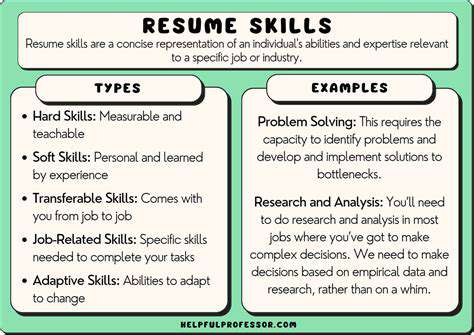
Crafting a Unique Voice
Developing a distinctive writing style involves more than vocabulary choices - it's about authentic self-expression. Your professional documents should reflect your genuine perspective while maintaining appropriate formality. This authenticity creates memorable impressions that stand out from generic applications.
Understanding Your Audience
Tailor your communication style to your readers. What resonates with startup founders might not impress corporate recruiters. Research industry norms and adjust your tone accordingly while maintaining authenticity.
Demonstrating Expertise and Authority
Support your claims with concrete examples and data. Well-structured arguments with clear evidence establish credibility. Precise language and proper grammar further reinforce your professional image.
Handling Difficult Questions and Closing the Interview: Final Touches

Effective Strategies for Addressing Challenging Questions
When faced with tough questions, a structured approach works best. Pause briefly to collect your thoughts before responding. This moment of reflection often yields more coherent, impactful answers.
Understanding the Root Cause of Difficult Questions
Look beyond the surface of challenging questions. Often, they reveal underlying concerns about fit or qualifications. Addressing these core issues demonstrates emotional intelligence and problem-solving skills.
Developing a Framework for Answering Challenging Questions
The STAR method (Situation, Task, Action, Result) provides excellent structure. This framework ensures comprehensive yet concise responses that highlight relevant skills and achievements.
Utilizing Communication Techniques to Enhance Clarity
Clear communication is paramount. Paraphrase complex questions to confirm understanding before responding. This technique ensures you address the actual concern while demonstrating active listening skills.
Addressing Sensitive or Emotional Questions with Empathy
When questions touch on sensitive topics, respond with tact and understanding. Acknowledge the emotional component while maintaining professionalism.
Handling Questions from Skeptical or Uninformed Individuals
For skeptical questioners, focus on factual evidence presented in accessible terms. Avoid technical jargon; instead, use clear examples that illustrate your points effectively.


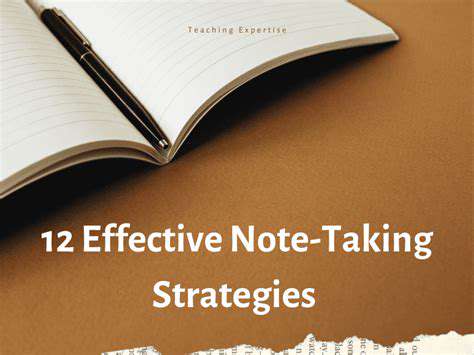


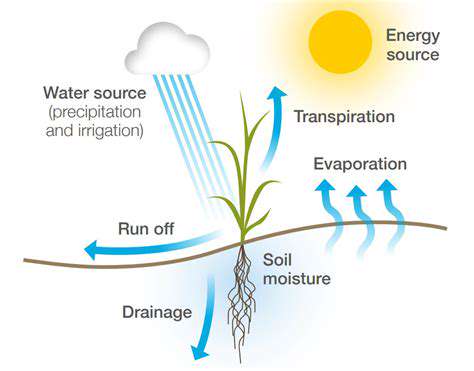
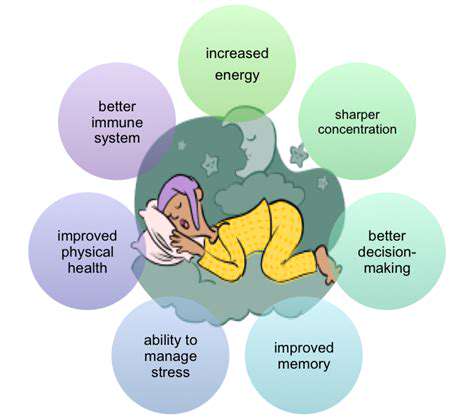
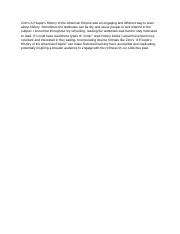
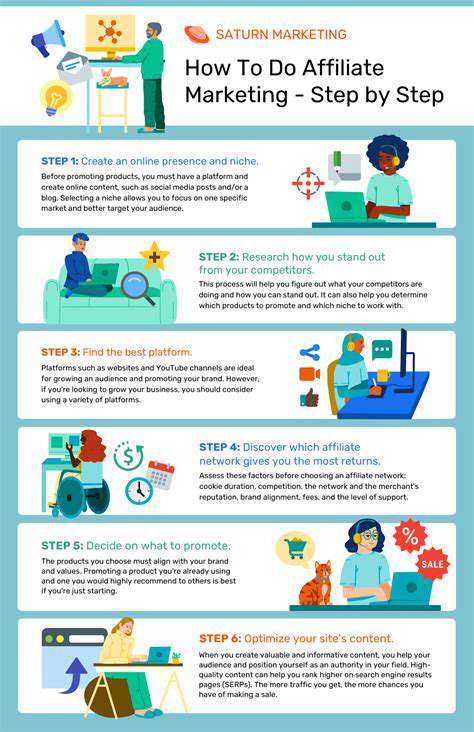
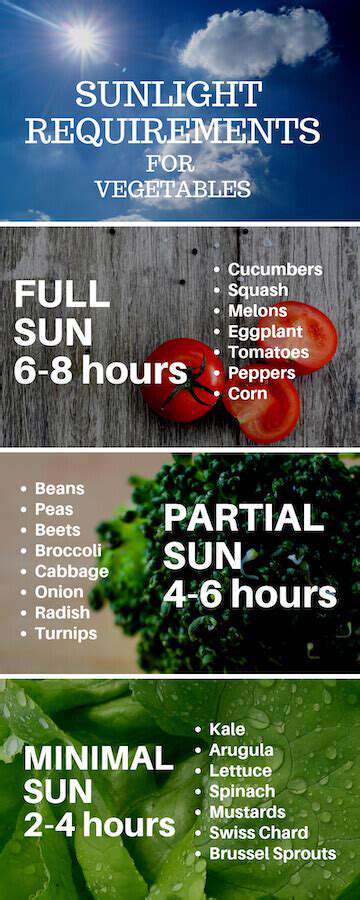
![How to Learn a New Language Fast [Proven Methods]](/static/images/31/2025-05/FocusonCommunication3APracticeMakesPerfect.jpg)
